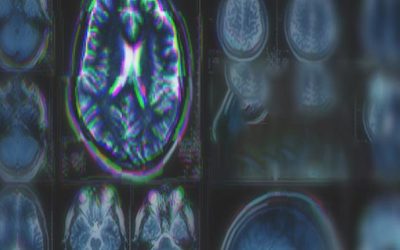[the_ad id=”6084″]
Signs, Symptoms and Risk Factors
One of the very first signs of Alzheimer’s is memory loss. In Alzheimer’s, the long-term memory remains intact, while short-term memory (e.g. the names of objects, places, or things) often get affected. Its a condition that is characterized by progressive memory loss and a progressive loss of other mental faculties; it can become serious enough to affect your day-to-day life. Contrary to popular belief, Alzheimer’s is not a normal part of ageing. While the exact cause of Alzheimer’s remains unknown, ageing is a risk factor. Other possible risks for Alzheimer’s include previous head injuries, a family history of dementia or Alzheimer’s, a sedentary lifestyle, and heart disease. As the disease progresses, the memory loss tends to worsen: confusion, disorientation, an inability to make decisions, difficulty talking or interacting, changes in personality, hallucinating, and anxiety all begin to manifest.
Diagnosis of Alzheimer’s
Diagnosing Alzheimer’s may be challenging, especially given the fact that memory loss is thought to be a part of ageing. However, if you feel that your memory eludes you, or if you feel someone around you shows these signs, make an appointment with a doctor. If it is a close family member, make sure that they do not go alone to see the doctor. Recognizing and diagnosing Alzheimer’s early can help you plan the course of care for you or your loved ones.
Treating Alzheimer’s
Medications are available to relieve these signs and also to slow down the progress of this disease. But other actions can also taken to help individuals with Alzheimer’s. These include changes to the home environment to move around freely. Cognitive therapies are also available to help one remember day-to-day things. There are also other therapies you can try like music therapy.
Music Therapy Alzheimer
Many research studies highlight the benefits of music therapy for improving cognition in Alzheimer’s. Making those with Alzheimer’s at any stage listen to music that is familiar to them or just some classical music in the background said to stimulate the brain and improve cognition. Familiar music brings back old memories, which can also help in recovering short-term memory. Besides this, vocal strengthening and facial recognition, known to improve Alzheimer’s. Music can easily be played in the background during any activity or for recreation alone. Either way, it is beneficial for cognition.
Its important to remember that stress and anxiety in Alzheimer’s can be reduced with the help of music therapy, which may be used in addition to other medical treatments.
Source:

